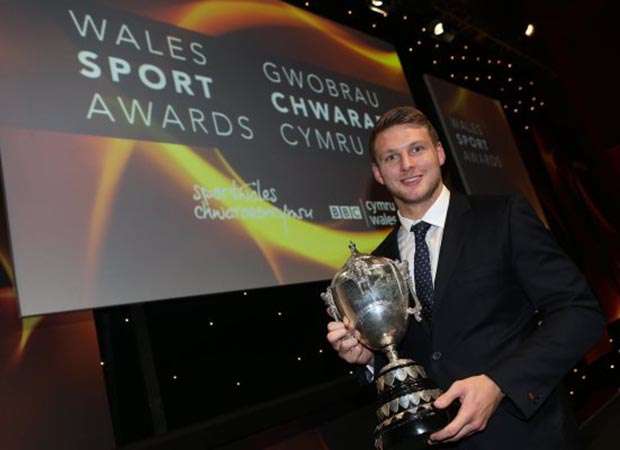

No matter how bad the result, successive generations of Red Rose players, coaches and chairmen of selectors fielded every question with admirable stoicism. They would not be slow to apologise for failing to make it more of a contest whenever the situation demanded, as it often did during the one-sided Seventies and Eighties.
In 13 successive appearances against Wales at the old Arms Park, England lost 12 and drew one which added up to a lot of inquests. And then, in 1991, everything suddenly changed.
Will Carling’s England took a hopelessly inadequate Wales team to the cleaners, winning 25-6. And then, when at long last they really had something to say, Carling and his unsmiling cronies walked out of the Arms Park like a bunch of Trappist monks traipsing back to the monastery.
They had taken a vow of silence, their childish boycott of the customary after-match formalities a two-fingered gesture aimed primarily at the BBC. And all because the Beeb had refused to pay for interviews of ‘the-boy-done-well’ type.
The ensuing row devoured such acreage of newsprint that there was hardly any room left to mention Simon Hodgkinson and his seven match-winning goals. The sheer stupidity of that episode a quarter of a century ago sprang to mind this week over another boycott of another showpiece event in Cardiff.
The Football Association of Wales chose not to turn up at BBC Wales for the annual Welsh Sports Personality of the Year awards. Far from giving their hosts due notice, they compounded their rudeness by informing them of their non-attendance only hours before kick-off.
Like Carling’s England of yesteryear, the Welsh footballers had at last achieved something worthy of national acclamation – qualification for the finals of the European Championship in France next summer. BBC Wales responded by granting them a national stage on which to receive two of the three main awards.
Football’s Chris Coleman, deservedly made Coach of the Year ahead of Warren Gatland, thought so much of the award that he gave it a miss. The Wales squad deservedly beat their rugby counterparts to the Team of the Year award and again they were so thrilled that none could be bothered to turn up, not even the few home-based players.
At least when Carling & co. pulled their silly stunt, the RFU reacted with suitable indignation. What did the people responsible for running football in Wales say about Monday’s insulting stand-off? Sweet FA or, to be more accurate, sweet FAW.
Chief executive Jonathan Ford’s deafening silence on the subject has merely added insult to injury, a tacit admission that the FAW orchestrated the whole sorry business. Why? Apparently the precious souls took umbrage at BBC Wales running a story about the Welsh players being in dispute over bonus payments for the Euro finals.
In other words, they were saying to the BBC: “We’re a very important team now and you need us more than we need you. Nanah nanah nah.”
Pathetic, Mr Ford.
At least Tyson Fury stands up and says what he thinks, no matter how offensively. The FAW scuttle off into the shadows and fail to offer a word of explanation for their miserable no-show.
No apology. No regret. No grace. No class.
A so-called FAW ‘insider’ mouthing the old calumny about BBC Wales being anti-soccer and pro-rugby made them sound too small even to be accused of pygmy diplomacy. It was ever thus.
Once upon a time 50-odd years ago, the chairman of Cardiff City took the club’s newly-appointed manager to a midweek rugby match at the Arms Park, against the manager’s will. The story goes that he left after the first scrum because he thought all the ruggah boys were talking behind his back.
Those eager to cite Dan Biggar‘s installation as Welsh Sports Personality of the Year as further eviidence of prejudice against football, overlook the fact that the accolade was determined by public vote.
Gareth Bale would have been a more deserving winner and Biggar, to his credit, virtually said as much in his acceptance speech. BBC Wales can hardly be held responsible for that and nobody fair of mind could accuse Rob Phillips and his co-commentators of missing a trick in lauding the first Wales team to reach the finals of a major football tournament for almost 60 years.
Yet the FAW find some trivial excuse for not attending a gala event and, by extension, snubbing not just their fans but the whole country who rejoice in their success, all the more welcome for the long wait. Their action raises some awkward questions of the ‘Who-do-they-think-they-are?’ variety.
Have those running the organisation suddenly got too big for their boots? Why has their website failed to make a single mention of the honours bestowed on Coleman and his players?
It is as if the event never took place, that Welsh football is suddenly far too important to waste time rubbing shoulders with all those flying the flag for lesser sports at the annual pre-Christmas bash.
In their contempt for the rest, they let everyone down but, most of all, they let themselves down. Just as the majority of reasonable fans appreciate both rugby and football, the old Welsh rivalry has spawned bigots on both sides of the divide.
How depressing to learn that some of them are running the FAW.

Women's International
Sadia Kabeya is ready to have fun as the Red Roses seek World Cup glory on home soil


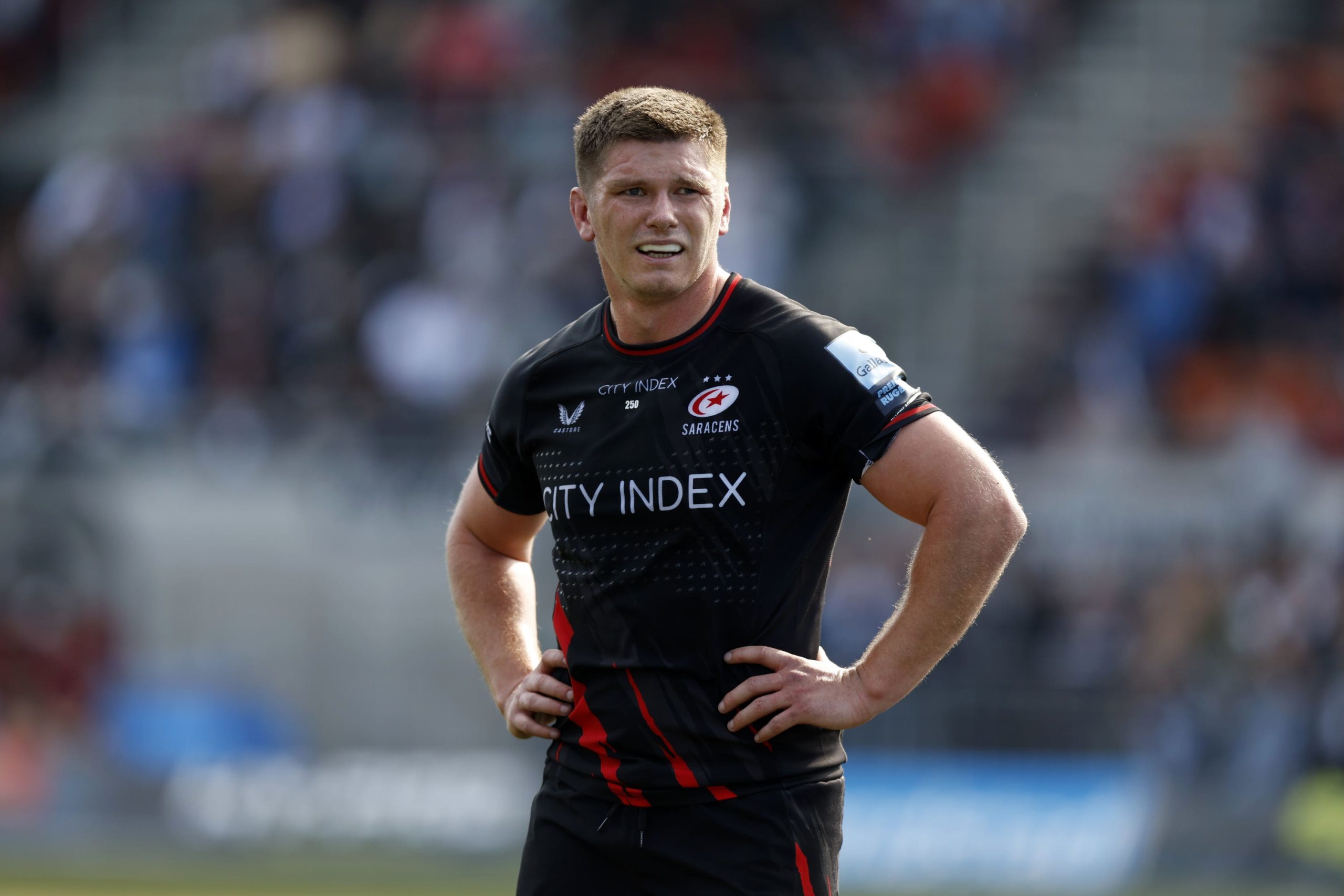



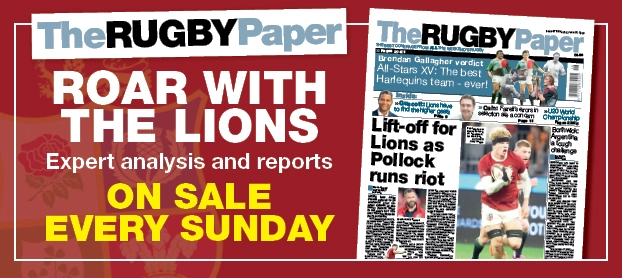













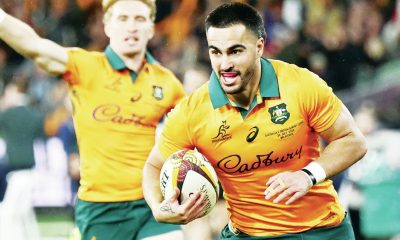

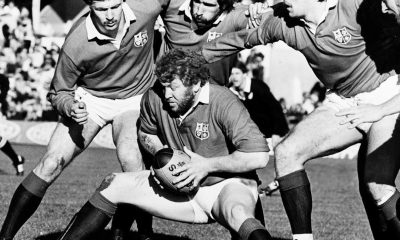

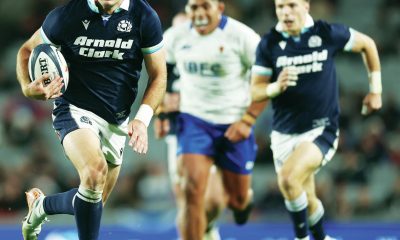

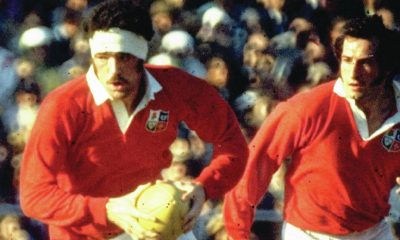



You must be logged in to post a comment Login